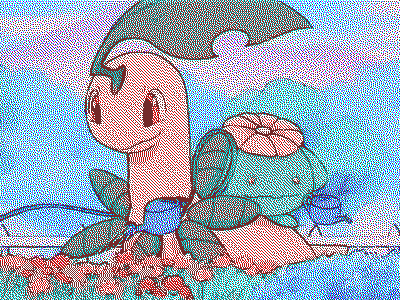Review: Água Viva by Clarice Lispector
september 18 2025

After weeks of picking up books and not committing to a single one, I joined the online book club bookbug and I read the assigned novel(?) in a day. Agua Viva by Clarice Lispector is the kind of book I’m scared to write, a book with no plot or characters or at least any familiar form, in other words, a book without consumer appeal. But I’m lucky to live in the time after the modernists broke every convention so I can enjoy almost anything without anyone doubting my serious engagement with an artwork.
The introduction by Moser was not a good start.
“Paradoxically, the better one’s Portuguese, the more difficult it is to read Clarice Lispector. The foreigner with a basic knowledge of Romance grammar and vocabulary can read her work with ease. The Brazilian, however, often finds her difficult. This is because her subtle rearrangements of everyday language are so surprising that they baffle the reader, particularly the reader with little experience of her work.”
Which just told me that I’m missing a lot through the translation. This feeling was hard to get over through all of Agua Viva. But my cope is to make an accusation of language purity and to rather see it as another version than a lesser version.
I liked the epigraph.
“There must be a kind of painting totally free of the dependence of the figure—or object—which, like music, illustrates nothing, tells no story, and launches no myth. Such painting would simply evoke the incommunicable kingdoms of the spirit, where dream becomes thought, where line becomes existence.
– Michel Seuphor”
Though the narrator(?) in Agua Viva does suggest a figure. Luckily for me, I just read a defense of non-figurative figural art, Francis Bacon: The Logic of Sensation, so I think Lispector achieved Seuphor’s ideal.
Despite missing out on the difficulty of the grammar in Portuguese, I struggled on the first page; it reads like philosophy and I tried to read it like philosophy. But when I realized the play of language I stopped looking for an argument. The book says: “You don’t understand music: you hear it.” It’s like reading Finnegan’s Wake, you have to resist your mind’s insistence on meaning.
The first thing I read on Agua Viva was Wikipedia's claim of a lack of structure. The first thing I noticed of the form is that it has the ambiguous lyricism of poetry but that it’s written in prose. I think this conveys her “instant.” An instant in a poem is distorted to appear like the length of one line. But an instant when reading prose would accord to real-time. I almost want to say that it’s structured by the passing of real-time.
“I may not have meaning but it is the same lack of meaning that the pulsing vein has.”

The following reminded me of “Ghost of a Flea” by William Blake: “Crabs, just like themselves in prehistory, through death and birth, would look like threatening beasts if they were the size of a man.” It’s an illustration of a flea’s ghost that visited Blake in a vision. The ghost told him that God contains bloodthirsty souls in the small bodies of fleas because they would be too destructive if they were the size of humans.

I was also reminded of Agnes Martin's "The Rose":
“I want to paint a rose.”
“That rose that lived from love given at length was remembered because the woman had seen how I looked at the flower and transmitted to her the waves of my energy.”
“I’ll explain: in painting as in writing I try to see strictly in the moment in which I see–and not to see through the memory of having seen in a past instant.”
There’s an anecdote of Agnes Martin of her having shown a child a rose and then hiding it behind her back. The artist asked if the rose is still beautiful and the child says yes. Martin also had a similar veneration for music like that in Agua Viva, having seen it as the highest form of art.
I don’t know how I feel about the ending. It feels like Lispector broke her commitment to non-meaning just for some platitudes. I wasn’t impressed by the spirituality.